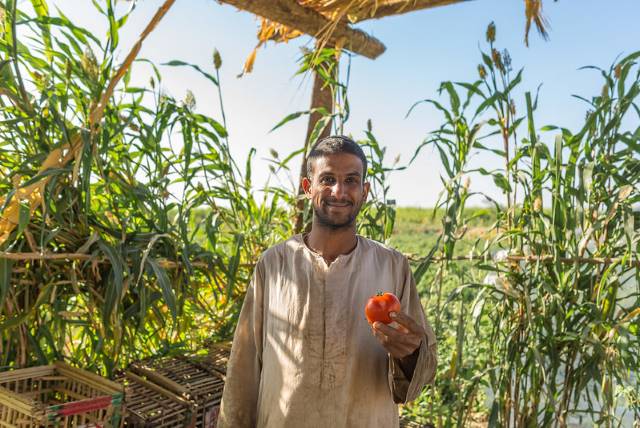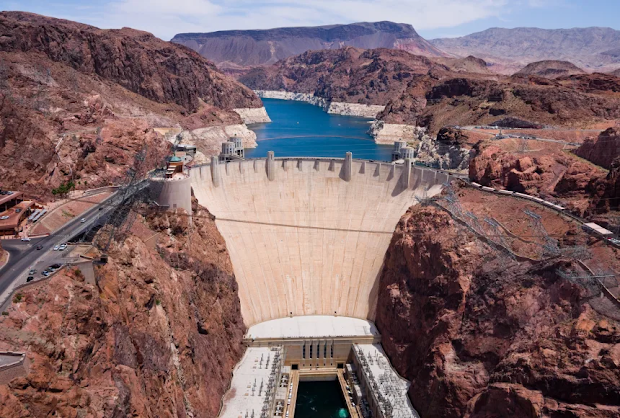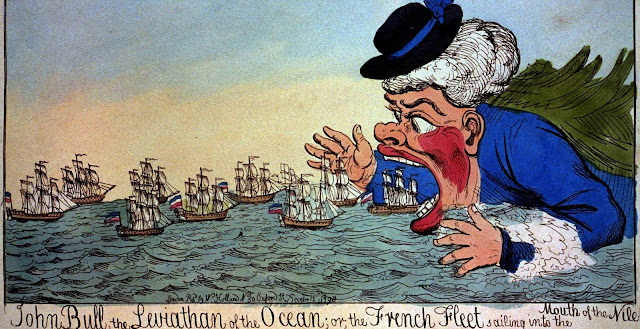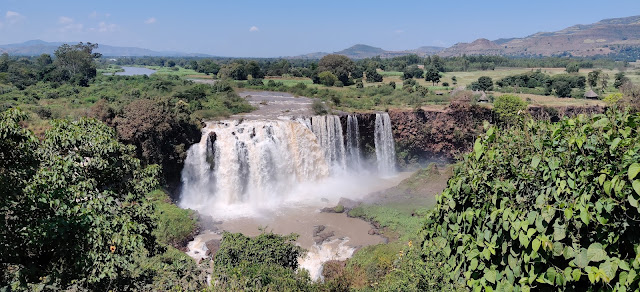Conclusion: achieving sustainable water management

Throughout my blog, I showed why cutting the Gordian knot of the GERD conflict is challenging. The changing climate conditions, the colonial past, the nationalistic drive in Ethiopia, and inappropriate negotiation techniques all induce hostility. However, I also highlighted that the countries could overcome historical distrust and nationalistic discourse. The prerequisite is to agree on the dam's impact and negotiate a long-term Nile treaty with benefit-sharing mechanisms. However, after extensive readings, I argue participants should move on from focusing on GERD. Most importantly, Egypt needs to accept the hegemony shift and concentrate on reforms in water usage. The first step in sustainable water management is admitting that the main risk in Egyptian water management is not dams in downstream countries but inefficient measures to address the needs of rapid urbanisation and population increase. The nationalist rhetoric that blames Ethiopia for water issues should be repla...




